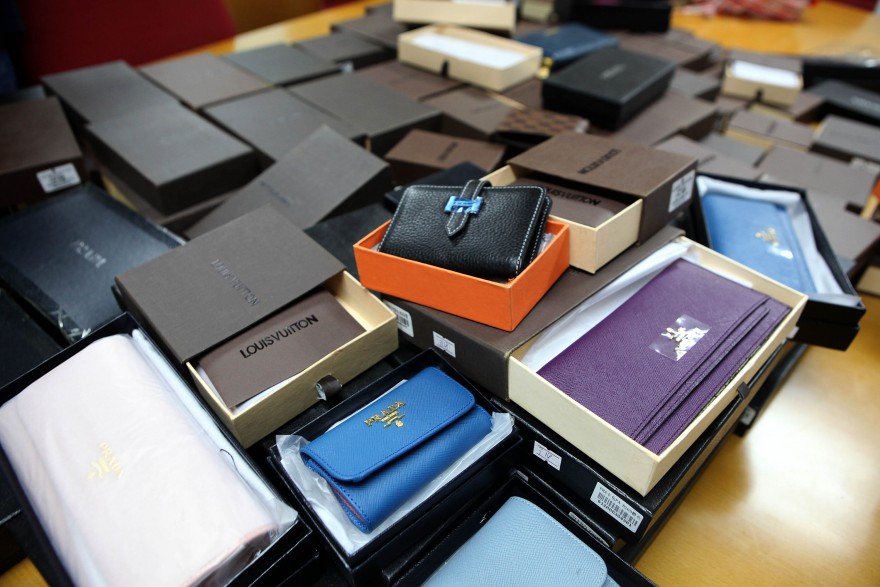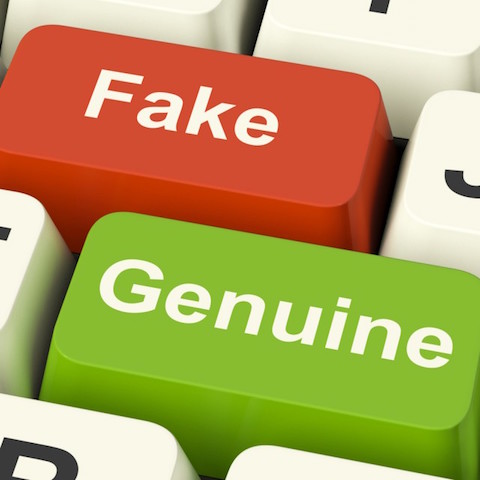General situation of fake products in China
It is common knowledge that fake products are everywhere in China, from large cities like Shanghai to remote small towns in Western China and, not surprisingly, online markets are not the exception, even though there is a lack of acknowledgment from their part, it seems that fake products are a part of China whether we like it or not.
The online market giant Alibaba group was sued in the U.S. regarding fake products regulations. According to Jack Ma, the founder of Alibaba, his company spends over one hundred million RMB each year on actions against counterfeit goods. The situation has improved considerately over the past few years, some shops have even been closed down due to this sort of issues. 2Open, as a company who deals everyday with marketing and e-commerce, is used to supervise online sales in China for many clients and the number of shops selling a certain brand with an unbelievably lower price has decreased noticeably in comparison with last year. There is still a lot of work to do, but exactly what types of products are more likely to be faked?

SHENZHEN, CHINA – AUGUST 04: (CHINA OUT) Police officers deal with fake brand-name items at a shop on August 4, 2014 in Shenzhen, China. Shenzhen police seized a large number of fake brand-name items, like Hermes, Gucci, Rolex, Chanel, Prada, Miumiu, and so on, worth 5,000,000 yuan (810,000 USD). (Photo by ChinaFotoPress/ChinaFotoPress via Getty Images)
The most common faked goods are well-known brands, such as Nike, Adidas, Louis Vuitton, Gucci, etc. If a new brand wants to enter China, it will seldom encounter issues regarding fake products. In this situation, just a small budget is needed for online marketing which could be used for setting up a shop on www.taobao.com, putting online Ads or even buying key words on search engines, all of which can have a positive effect and lead buyers to get to know your brand. Since you are the shop owner and the only supplier at this moment, the buyer will come to you directly; no other shops will take potential buyers from you.
Let us say your brand successfully entered the Chinese market, perhaps one day someone will start faking and selling your products, but how would this affect your brand? Some argue that this is just indicator of the success and popularity that your product has had in the Chinese market and that there are no reasons to be worried. Experts agree that there is plenty of space in the market for both parties; a lot of people prefer to buy original products for a higher price than fake ones for a lower one. Counterfeiting could be considered a promotion activity for a brand, after all, if you are confident about your products, put money into marketing, let people know about it, you will get money back, no doubts about it, but how is the future looking for fake goods?
According to Xinhuanet, the General Administration of Quality Supervision, Inspection and Quarantine (AQSIQ) has gathered around four giant e-commerce platforms: Alibaba, Jingdong, Suning, Yihaodian to sign a cooperation agreement which will help to release inspection results of the fulfillment of product quality commitment. AQSIQ has developed a search platform of inspection of product quality, which will be put online for public use around March 15, 2016.

Fake products problems continue to plague the development of e-commerce. Jingdong and Alibaba have been fighting a war these days, accusing each other of not making efforts to end the fake goods. The offline scene does not look very bright either, street shops are now going through a rough time these days, people are getting used to purchase everything online, from groceries to electronics, during the singles day alone (Nov. 11, 2015) Taobao reached a sales volume of 91,217,017,615 RMB.
It is an Internet Era, no doubt about it, and counterfeit goods should not represent any obstacle if one should intent entering the Chinese market. A smart digital marketing strategy, like the one 2Open offers, can get your brand the recognition it deserves.
Let us know what you think in the comments below.
This article was edited by Andres Arroyo from 2Open.


